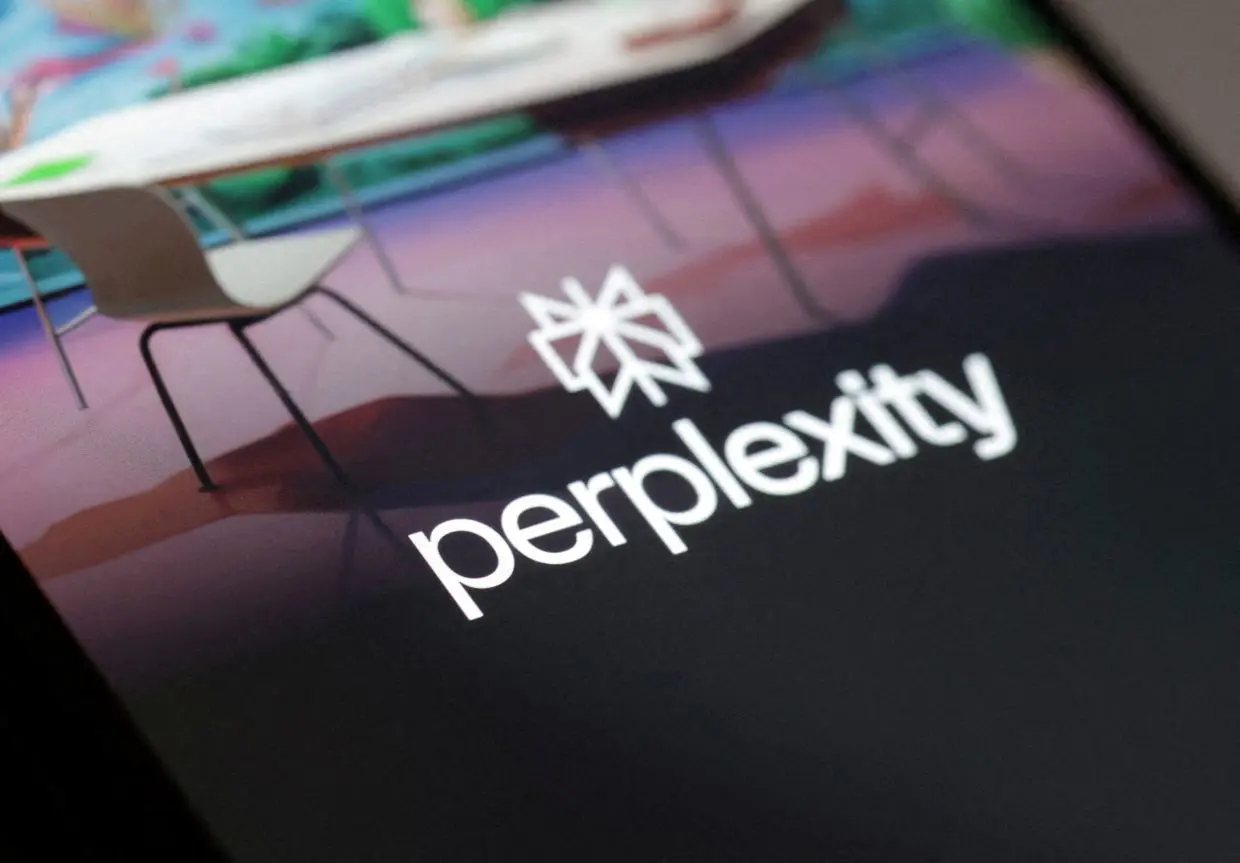The Department of Justice (DOJ) is seeking testimony from Dmitry Shevelenko, Chief Business Officer at Perplexity, as part of its ongoing antitrust case against Google. Perplexity, an AI search company recently valued at $9 billion, has become a focal point in the case as the DOJ examines potential penalties for Google, which was ruled to hold a search monopoly by a U.S. court in August. While Google appeals the decision, the DOJ is considering measures that could include separating Chrome from Google’s broader ecosystem.
The DOJ intends to question Shevelenko on generative AI’s role in “Search Access Points” — platforms like Google Chrome that serve as gateways to internet searches — as well as on barriers to entry, expansion, and data sharing. Generative AI tools, such as Perplexity and OpenAI’s ChatGPT Search, represent emerging alternatives to traditional search engines by offering direct answers to complex queries. Google has responded to this challenge with its own AI search tools, including AI Overviews, which generate answers displayed alongside search results.
The DOJ’s interest in Perplexity stems from its potential to challenge Google’s dominance in the search industry. However, the court filing does not clarify how Shevelenko’s testimony will directly support the DOJ’s case. The Justice Department’s broader argument hinges on Google’s alleged monopolization of search, which could justify harsher penalties to foster competition.
Meanwhile, Perplexity finds itself entangled in demands from both sides of the dispute. Google subpoenaed Perplexity in October for company documents to support its claim of viable competition in the search market. According to a recent court filing, Google alleges that Perplexity has yet to provide “a single document” despite agreeing to comply with 12 of Google’s 14 document requests. The tech giant argues that the delay is unjustified after two months.
Perplexity, for its part, says it is evaluating the scope of the requests and their associated burden. While it has agreed to provide licensing agreements related to AI training, the company claims Google is seeking all of its licensing agreements, prompting Perplexity to request further discussions with Google to narrow the scope.
Both Google and Perplexity have yet to comment publicly on the latest developments. Perplexity’s central role in this case underscores the growing significance of generative AI in reshaping the search landscape and its potential to challenge established players like Google.
Featured image courtesy of The Star







Leave a Reply